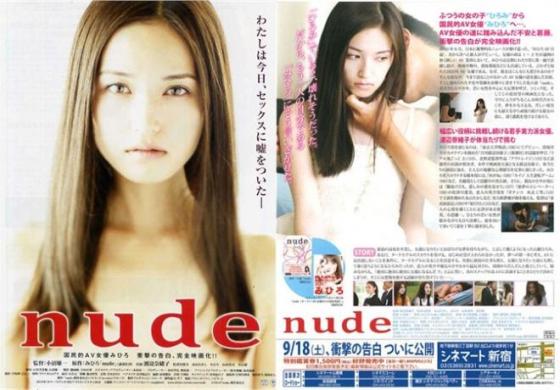I recently saw Shion Sono’s last film, Tsumetai nettaigyo, translated into English like Cold Fish –they forgot the “tropical”-, and provoked me an immeasurable uneasiness. Every time this Japanese cult-movie director releases a new title, it seems that he has reached the top of his career in terms of blood, violence and mental instability, but then it comes the next one, as is this case, and you feel emotionally overwhelmed in the armchair of the small movie theater filled with middle age men plus the young woman that you regret having invited. It’s been shown at film festivals like Toronto, Venetia and Sitges, with considerable success: some people left disgusted in the middle of the showing, and some others reacted with a standing and resounding ovation at the end. There is also some comedy in this 18+ rated movie, though, indispensable ingredient to psychologically deal with many of the hard scenes that it contains.
Here is the plot: an apparently normal but actually dysfunctional family starts hanging out with a successful businessman who happens to be a thug and eventually takes the whole family to an extreme situation. The character of the husband, a henpecked pater familias can tell from the very beginning what’s going on and what’s going to happen but his fainthearted personality prevents him from rejecting Murata San, one of the most evil rogues and psychopaths of the recent Japanese cinema. Gradually, the ugly, pushy and disgusting but funny and trickster Murata –sublime the Japanese actor Den Den in the role- takes his wife and daughter from him and the spectator can feel the husband’s anxiety in a crescendo of tension that eventually ends up as an orgy of violence, sex and blood. He suffers himself a radical transformation – a Tetsuo but without the cyborg stuff- in his character and becomes what he had been most afraid of. Based on a real story that took place in Saitama a few years ago, in Japan cases of killings with dismemberment seem quite common exceptions, as we can also see in Out, based on the novel with the same name by Natsuo Kirino based on a related true incident, although in this case it’s housewives the ones who do the butcher’s job.

